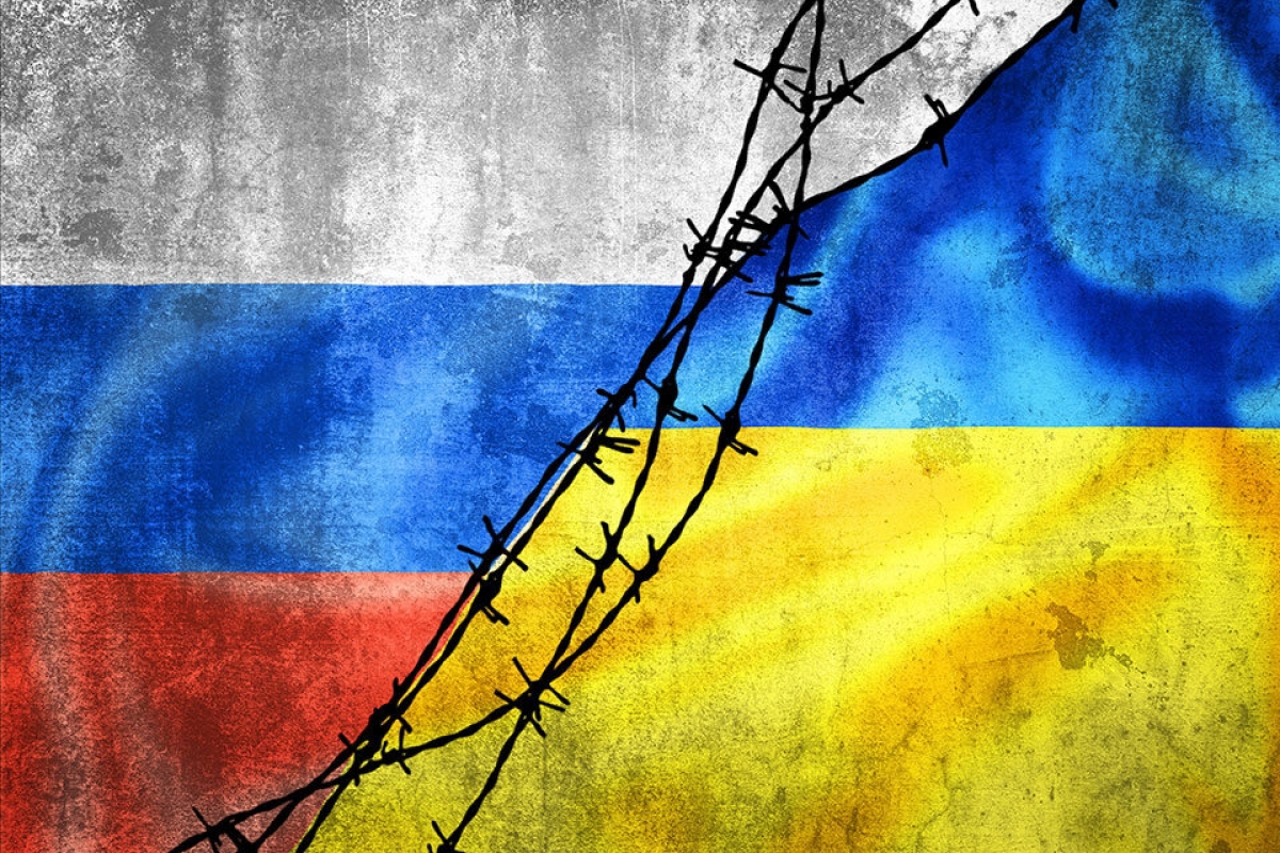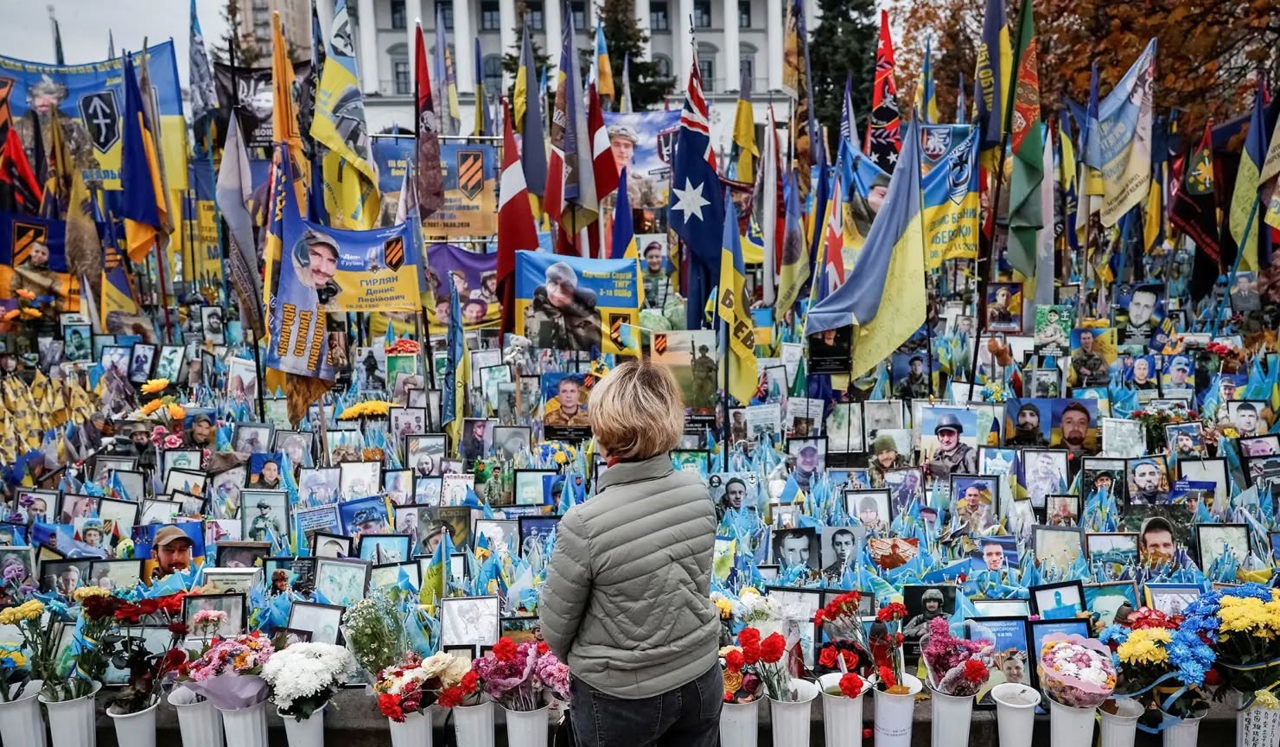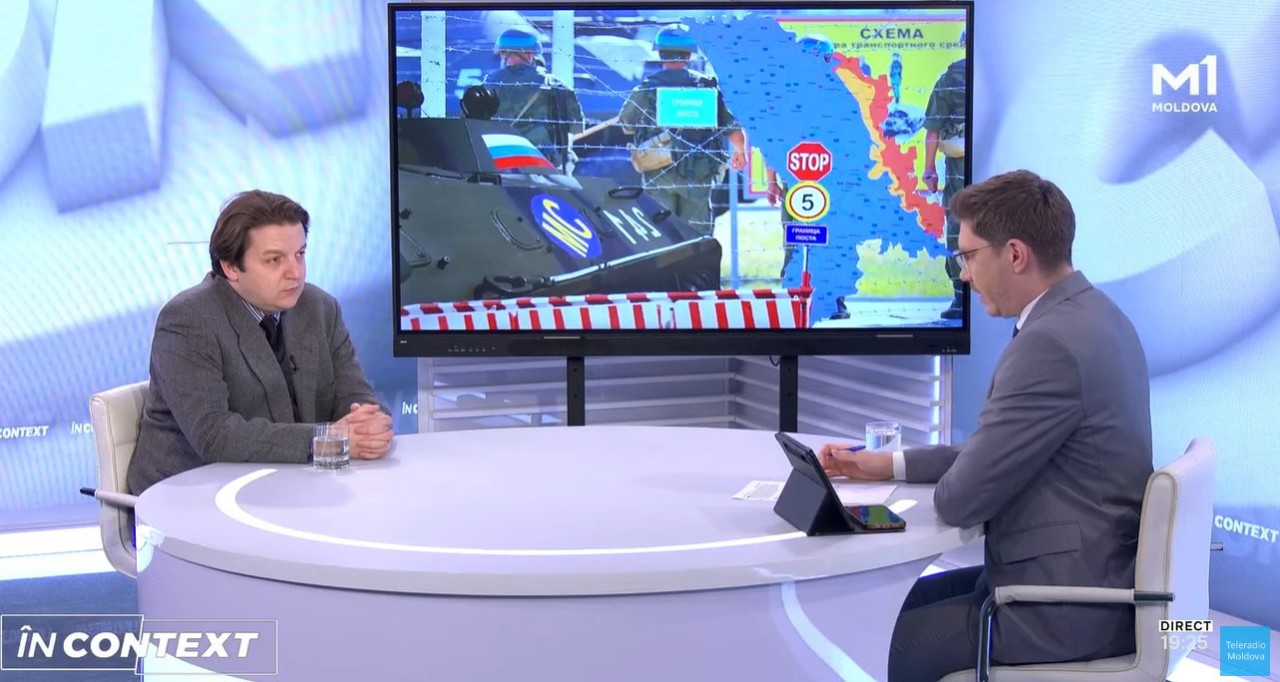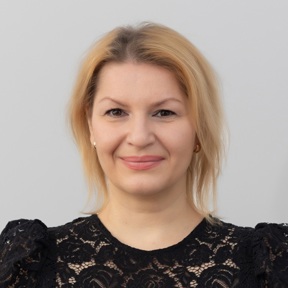Experts condemn Russia’s war on Ukrainian civilians

Russian attacks on civilian areas in Ukraine constitute war crimes and form part of a deliberate, unacceptable campaign to intimidate Ukrainian society, in violation of international conventions.
In an interview with Moldova 1, security expert Pavel Horea described this as a Kremlin strategy of terror “intended to force Ukrainian society to surrender and put pressure on the Kyiv administration during negotiations.”
European policy expert Laurențiu Pleșca echoed this view during the In Context program on Moldova 1, warning that Russia has no intention of agreeing to a ceasefire and is deliberately obstructing negotiations.
“We’re seeing the same tactic repeated: striking civilian zones to create panic and manipulate the negotiation process,” explained Horea. “Russia’s main objective is to occupy the four regions it formally annexed in its 2022 constitutional changes. At the same time, it is trying to put pressure on northeastern Ukrainian regions and seize more territory to gain leverage in upcoming negotiations and influence Kyiv.”
Referring to the missile strikes on Ukrainian civilian areas, Horea stressed that such attacks cannot be dismissed as accidental. “When two missiles strike the same location simultaneously, it’s clearly a premeditated attack. Russia possesses sufficient reconnaissance capabilities to know exactly what it’s targeting.”
He noted that in three years of war, no ceasefire has been achieved during holiday periods. “Perhaps under pressure from the White House and in response to an ultimatum to Moscow, a ceasefire formula may be possible by the end of this month,” Horea added. The full interview with the security expert is available on Moldova 1.
European Union security expert Laurențiu Pleșca also emphasized that “Russia’s psychological terror strategy against the civilian population of Ukraine is deliberately blocking the negotiation process.” Despite international efforts, Moscow shows no sign of pursuing a genuine peace solution.
“There is growing momentum from European partners,” Pleșca noted, “including the deployment of French and British troops to western Ukraine and strong efforts to shape a peace plan with clear security guarantees for Kyiv.”
Pleșca also commented on the proposal by retired U.S. General Keith Kellogg: “Ukraine could be divided, and in the post-conflict phase, it might receive support from French and British forces operating in allied-controlled zones—but without the involvement of American troops.” Maps circulating in international discussions suggest a scenario in which Ukraine retains its current borders. “Any viable compromise must ensure that the Russian Federation does not repeat its aggression, as it did in 2014 and 2022.”
Although Kyiv accepted a temporary ceasefire proposal, Moscow ignored it. “Russia not only rejected the proposal but intensified its attacks on civilian infrastructure as part of a psychological warfare strategy designed to demoralize the Ukrainian population,” Pleșca said.
According to the expert, the U.S. response has been cautious. “We would have expected a firmer stance from Washington, especially in the face of brutal assaults on civilians. Although the U.S. has powerful economic tools at its disposal, it continues to avoid implementing tougher sanctions.”
Translation by Iurie Tataru





